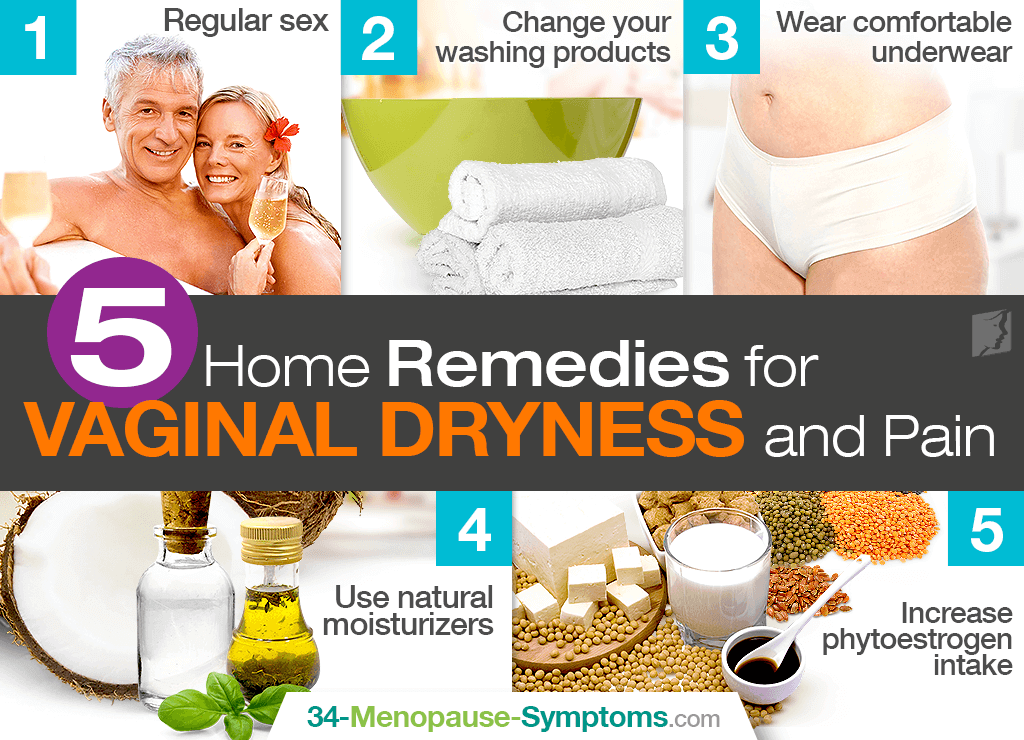12 Menopause Mouth Dryness Remedies For Relief

Menopause is a natural biological process that occurs in women, typically between the ages of 45 and 55, marking the end of their reproductive period. This transition is accompanied by a range of physical and emotional changes, including vasomotor symptoms like hot flashes and night sweats, sleep disturbances, and vaginal dryness. However, one of the lesser-discussed symptoms of menopause is mouth dryness, also known as xerostomia. This condition can lead to discomfort, difficulty swallowing, and an increased risk of dental problems. Understanding the causes and finding effective remedies for menopause-related mouth dryness is crucial for maintaining oral health and overall well-being.
Causes of Menopause Mouth Dryness
Menopause mouth dryness is primarily attributed to the decline in estrogen levels. Estrogen plays a significant role in maintaining the health of the mucous membranes, including those in the mouth. Lower estrogen levels can reduce saliva production, leading to dryness. Additionally, certain medications commonly taken during menopause, such as antidepressants and antihistamines, can also contribute to dry mouth as a side effect.
Remedies for Menopause Mouth Dryness
Fortunately, there are several remedies that can provide relief from menopause mouth dryness. These range from simple lifestyle adjustments to more specific treatments aimed at stimulating saliva production and alleviating discomfort.
Stay Hydrated: Drinking plenty of water throughout the day can help keep the mouth moist. It’s essential to sip water regularly, especially during and after meals, to aid in swallowing and digestion.
Chew Sugar-Free Gum: Chewing sugar-free gum can stimulate saliva production. Look for gum that contains xylitol, which not only helps stimulate saliva but also has antibacterial properties that can help prevent tooth decay.
Avoid Caffeine and Alcohol: Both caffeine and alcohol can exacerbate dryness. Limiting or avoiding these substances can help reduce the severity of mouth dryness.
Use a Humidifier: Dry air can worsen mouth dryness. Using a humidifier, especially in the bedroom at night, can help maintain a moist environment and reduce symptoms.
Saliva Substitutes: For severe dry mouth, saliva substitutes can provide temporary relief. These products mimic the natural properties of saliva and can be used throughout the day as needed.
Practice Good Oral Hygiene: Regular brushing and flossing are crucial, but it’s also important to use a fluoride mouthwash and visit your dentist regularly to prevent dental problems associated with dry mouth.
Mouthwashes Specifically Designed for Dry Mouth: There are mouthwashes available that are designed to help with dry mouth. These mouthwashes can help moisturize the mouth and provide temporary relief.
Avoid Sugary or Acidic Foods and Drinks: Consuming sugary or acidic foods and drinks can increase the risk of tooth decay, especially in a dry mouth environment. Opting for a balanced diet with plenty of fruits, vegetables, and whole grains can help support overall oral health.
Consider Hormone Replacement Therapy (HRT): While not specifically aimed at dry mouth, HRT can help alleviate several menopause symptoms by restoring estrogen levels. However, this should be discussed with a healthcare provider due to potential risks and benefits.
Pilocarpine: This is a prescription medication that can help increase saliva production. It’s specifically used for treating dry mouth and can be effective for those experiencing severe symptoms.
Yoga and Relaxation Techniques: Stress can exacerbate menopause symptoms, including dry mouth. Practicing yoga, meditation, or other relaxation techniques can help reduce stress levels and potentially alleviate some menopause symptoms.
Monitor Medications: If you’re taking medications that could be contributing to dry mouth, discuss alternative options with your healthcare provider. There may be other medications available that have fewer side effects.
FAQ Section
What are the primary causes of mouth dryness during menopause?
+The primary cause of mouth dryness during menopause is the decline in estrogen levels, which affects saliva production. Additionally, certain medications can also contribute to this condition.
How can I manage mouth dryness during menopause?
+Management strategies include staying hydrated, chewing sugar-free gum, avoiding irritants like caffeine and alcohol, and using saliva substitutes or mouthwashes designed for dry mouth. Practicing good oral hygiene and considering professional dental advice are also crucial.
Can mouth dryness during menopause increase the risk of dental problems?
+Yes, mouth dryness can increase the risk of dental problems, including tooth decay and gum disease, because saliva helps to neutralize acids and remineralize teeth. Regular dental check-ups and good oral hygiene practices are essential for preventing these issues.
Are there any natural remedies for menopause mouth dryness?
+Natural remedies include staying hydrated, chewing sugar-free gum, using a humidifier, and practicing stress-reduction techniques like yoga or meditation. Some people also find relief with certain herbs and teas, though it's essential to consult with a healthcare provider before trying new remedies.
Can hormone replacement therapy (HRT) help with menopause mouth dryness?
+HRT can help alleviate several menopause symptoms by restoring estrogen levels, which might indirectly help with mouth dryness. However, the decision to start HRT should be made in consultation with a healthcare provider, considering the potential risks and benefits.
How can I prevent long-term dental problems associated with menopause mouth dryness?
+Preventing long-term dental problems involves regular dental check-ups, good oral hygiene practices, and managing dry mouth through the remedies mentioned. Additionally, being aware of the early signs of dental issues and addressing them promptly can help prevent more severe problems.
In conclusion, menopause mouth dryness, while often overlooked, is a significant concern for many women undergoing this life transition. By understanding its causes and implementing the right management strategies, women can find relief and protect their oral health. Whether through simple lifestyle adjustments, specific treatments, or a combination of both, there are effective ways to mitigate the discomfort of dry mouth and prevent its complications. As with any health concern, consulting with healthcare professionals for personalized advice and care is essential for navigating these changes with confidence and maintaining overall well-being.
